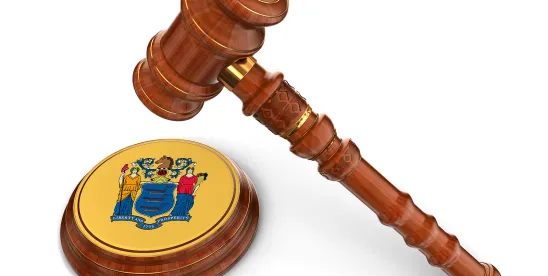The New Jersey Tax Court has required the Director of the Division of Taxation to turn square corners and pay a refund despite the claim not being timely filed. The ARC/Mercer, Inc. v. Dir., Div. of Tax’n, Docket No. 007970-2024 (N.J. Tax Ct. May 8, 2025).
The Facts: New Jersey imposes a mansion tax on the sales price of certain types of properties including certain commercial properties. The Legislature, however, exempted I.R.C. § 501(c)(3) entities from the mansion tax.
The ARC/Mercer, Inc. (“ARC/Mercer”) is an I.R.C. § 501(c)(3) entity that purchased a commercial property and mistakenly paid the mansion tax. Nine months later it sought a refund of the erroneous payment. The Director refused to pay the refund on the basis that the statute of limitations period under the mansion tax is 90-days.
The Decision: The Tax Court first reviewed the mansion tax, which provides that it is subject to the provisions of the State Uniform Tax Procedure Law (the “Procedure Law”). The mansion tax also provides that, notwithstanding the provisions of N.J.S.A. 54:49-14(a) (which is part of the Procedure Law and generally provides a four-year limitations period for refunds), a taxpayer may file a refund claim within 90 days of payment of the tax. Since ARC/Mercer filed its refund claim nine months after payment, it was untimely and the Tax Court found that the company did not have a refund claim.
The Tax Court then stated “[h]owever, the case is not over” and found that N.J.S.A. 54:49-16(a) of the Procedure Law requires the return of the erroneously paid monies to which “the Director has no entitlement.” That statute generally provides for a limitations period of two years for the return of undisputed erroneous payments under certain limited circumstances. First, the statute is limited to situations where no questions of fact or law are involved. Second, the monies must have been erroneously or illegally collected or paid under a mistake of fact or law.
Here, there are no disputes of fact or law. The fact is that ARC/Mercer is an I.R.C. § 501(c)(3) entity, and the law is that I.R.C. § 501(c)(3) entities are exempt from the mansion tax. The additional requirement is satisfied since ARC/Mercer paid the tax under a mistake of law. Accordingly, the two-year limitations period applied.
The Tax Court rejected the Director’s allegation that the I.R.C. § 501(c)(3) exempt status of ARC/Mercer is in dispute as the status of I.R.C. § 501(c)(3) organizations is a matter of public record available from the Internal Revenue Service’s internet site. “The Director cannot claim ignorance of the status of ARC/Mercer when verification of the status is literally right at her fingertips.”
It is always frustrating when taxing agencies attempt to keep taxes to which they are not entitled. The Tax Court’s decision demonstrates that it will require the Director to turn square corners and not keep such amounts.



 />i
/>i
